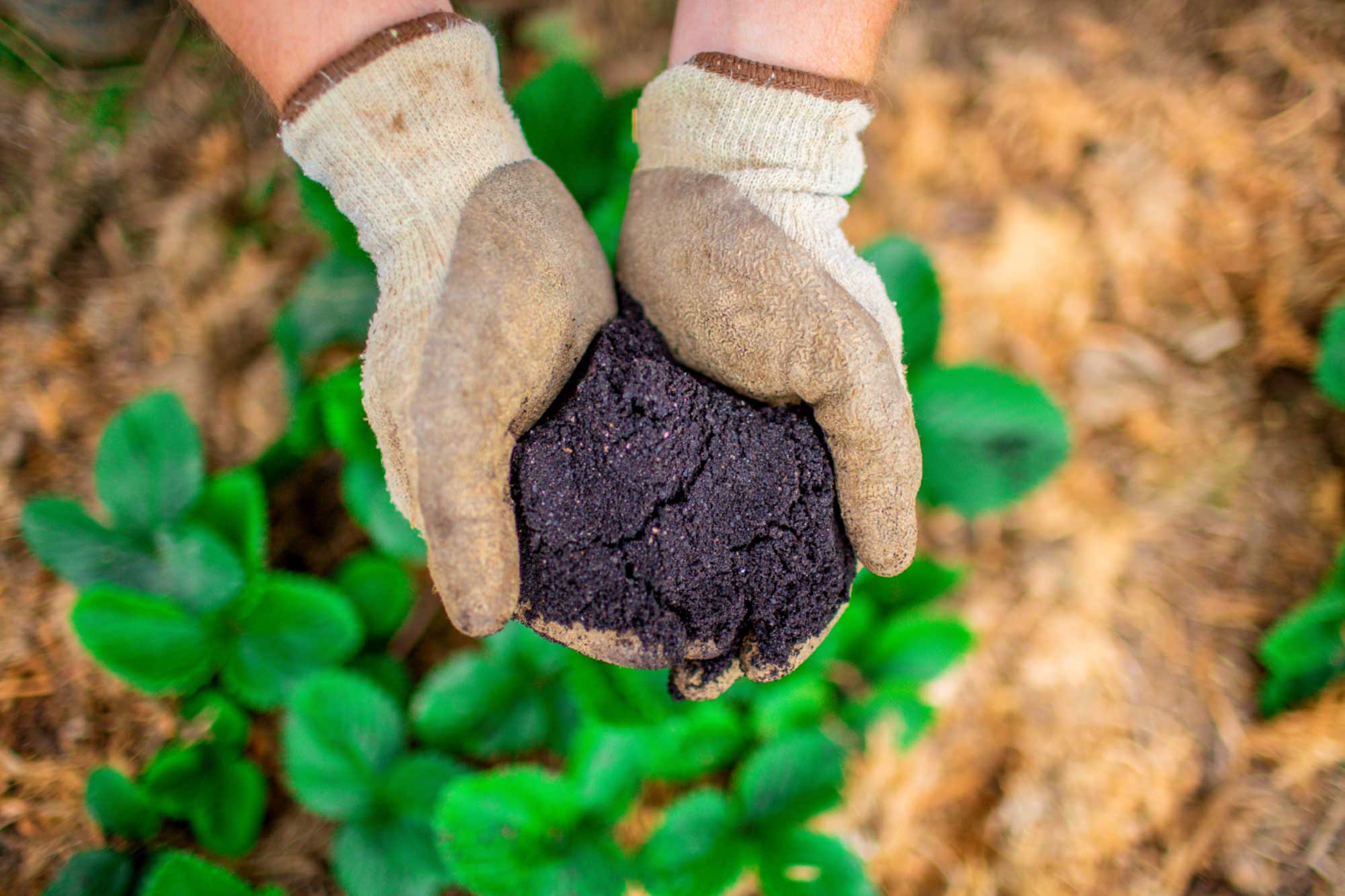Introduction
Ever wondered why some gardens, pots, lawns and fields flourish while others struggle? The secret could be right beneath our feet. Soil microbes—tiny organisms that play a giant role in agriculture, gardening, and health—are increasingly gaining attention for their significant contributions to soil health and productivity. Today, we’ll explore the role of beneficial microbes and how they can transform your growing practices.
What Are Soil Microbes?
Soil microbes are microscopic organisms, including bacteria, fungi, protozoa, and viruses, that are critical to fertile soil and healthy crops. Although invisible to the naked eye, they perform essential functions like breaking down crop residues, cycling nutrients, and stimulating root growth.
The Rhizosphere’s Role
A teaspoon of fertile soil contains more microbes than there are people on Earth. This rich community lives in the rhizosphere, the area around plant roots. Here, microbes and plants engage in a symbiotic relationship, exchanging nutrients and supporting each other’s growth.
Why Soil Microbes Matter
Balanced soil microbial activity is crucial for several reasons:
- – Nitrogen-Fixation: Converts atmospheric nitrogen into forms plants can use.
- – Nutrient Solubilisation: Makes nutrients more available to plants.
- – Pathogen Suppression: Protects plants from diseases.
When Soil Microbiome Fails
An imbalanced soil microbiome can lead to:
- – Imbalanced soil pH
- – Nutrient run-off
- – Die-off of young roots
Boosting Soil Microbial Activity with Probiotics
Just as probiotics benefit human gut health, soil probiotics improve soil health. These microbial soil amendments support nutrient absorption and root growth, making your plants more resilient and productive.
Synergistic Benefits
Certain strains of soil probiotics work better together, offering multiple benefits to the soil. Tailoring them to specific crops ensures a balanced and effective microbial community.
Choosing the Right Microbes
Selecting the right soil biological strains is crucial. Companies like Locus Agricultural Solutions offer tailored microbial strains to improve soil quality, expand root growth, enhance nutrient uptake, and boost yields.
Practical Tips for Gardeners and Farmers
- Assess Soil Health: Regularly test your soil to understand its microbial composition and nutrient levels.
- Use Organic Amendments: Incorporate compost, manure, or mulch to provide food for soil microbes.
- Minimise Chemical Use: Reduce the use of chemical fertilisers and pesticides that can harm beneficial microbes.
The role of soil microbes in gardening and agriculture cannot be overstated. They are essential for maintaining soil health, supporting plant growth, and ensuring sustainable farming practices. By understanding and harnessing the power of these tiny organisms, you can create a thriving ecosystem in your garden or farm.
To long, didn’t read
Whilst this might be a lot of information, if you’re ready to boost your soil health, just add some Ocean2Earth and let the microbes improve your soil and plant health!

We don’t know what caused this field treated with Ocean2Earth to look like this on a frosty morning, but we’re determined to find out!

